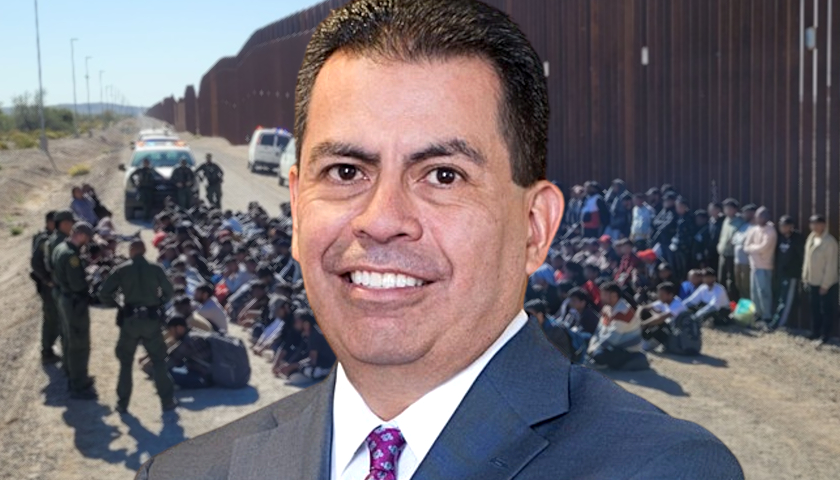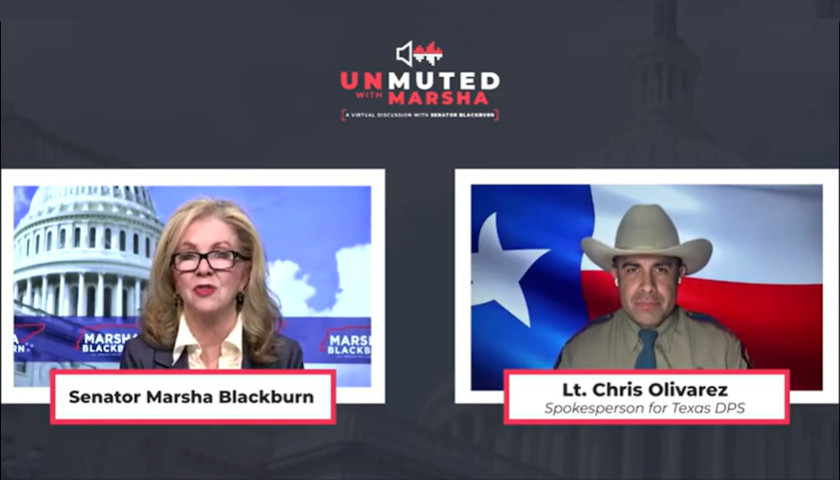Rep. Mark White’s bill, HB863 that would allow illegal immigrant students to pay in-state college tuition in Tennessee, scheduled for a vote this week, was rolled to next week. The companion bill, SB1014 passed by the Senate Education committee will be put on the calendar in Senate Finance, Ways & Means.
During discussion of the bill in the Senate Education committee, Sen. Gardenhire, the bill sponsor in the Senate, confirmed that any criteria that would have restricted the beneficiaries of the 2017 bill to grantees of the Obama Deferred Action for Childhood Arrivals (DACA) program, had been removed. Criminal histories aside, individuals who entered the U.S. illegally and were “born after June 15, 1981 is within—and shall remain within—DACA’s age requirements” are eligible to apply. If approved, DACA grantees receive a two-year temporary deportation deferment and work authorization which then enables applying for a social security number and a driver’s license. Grantees can apply to renew their DACA status at the two year expiration.
Importantly, being granted DACA status does not change the individual’s illegal immigration status.
Broadening the scope of the revised 2017 bill as compared to the 2015 version that failed to pass on the House floor, means that non-DACA illegal immigrant students who are less likely to have work authorization will also have access to in-state tuition.
Proponents of granting in-state tuition to illegal immigrant students have focused on the alleged economic benefits that could someday inure to the state if college educated illegal immigrants become employed, are earning good incomes and can eventually contribute to the state’s economy. Sen. Gardenhire who says he doesn’t care about American citizens living in other states, sees in-state tuition as offering illegal alien students a way to “assimilate.”
Rep. White also says in-state tuition is a way for illegal immigrants to assimilate and insists that these students are most likely to remain in Tennessee.
In 2011, Tennessee enacted the “Tennessee Lawful Employment Act” in an effort to decrease the availability of jobs for illegal aliens in the state. The law provides employers a variety of ways, including accessing the federal electronic database called “E-verify,” to determine whether a job applicant is authorized to legally work in the U.S.
Current Tennessee law requires private employers with 50 or more employees to use the E-verify program but may still choose between using E-verify or validating documents if they employ fewer than 50 people. There is a penalty for employers who are required to use E-verify but fail to enroll in the federal program.
To hire non-employees such as independent contractors, an employer must “request and maintain a copy” of a document such as a valid Tennessee driver license, a U.S. birth certificate, or a certificate of naturalization, to validate that the individual can legally work in the U.S. For individuals that will be hired as employees, these documents will also suffice or an employer can use the E-verify program.
Illegal immigrant students who either lose their DACA status, are denied DACA for failure to meet the criteria such as not having a clean criminal background check or who were never eligible, are unlikely to have work authorization, making their prospects for post-secondary employment in Tennessee unlikely.
Critics of the Gardenhire/White bill note that rewarding parents who broke immigration laws bringing themselves and their children to the state undermines the state’s earlier legislative efforts to discourage illegal immigration to Tennessee.









[…] During discussion of the bill, White noted that the students, whose illegal immigration status he scrupulously avoided mentioning, have no pathway to citizenship. They will not, he added, until Congress addresses the issue. Regardless, his guest Carla told the committee that her dream is to become a lawyer. While White focused on allowing the students to go on to higher education as a means to better employment, he never acknowledged that if their immigration status does not change, they cannot be legally employed in Tennessee. […]